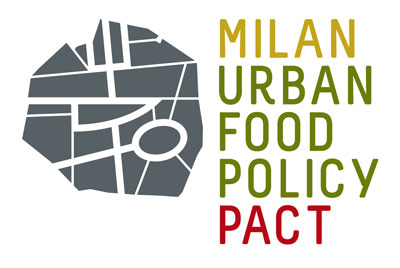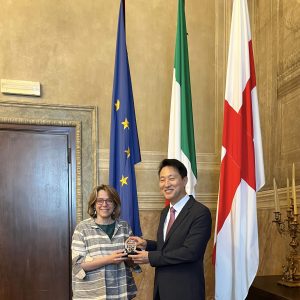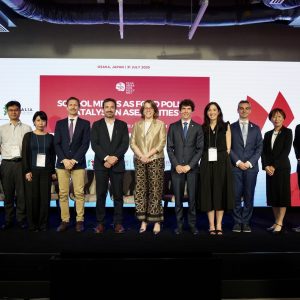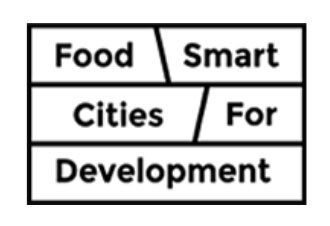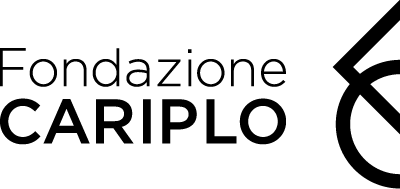On 18 June 2025 in Krakow, Poland, the Urban Agenda for the EU (UAEU) hosted a key session at the Cities Forum 2025 titled “Unlocking Urban Potential through European Cooperation: the Urban Agenda for the EU.”
The session brought together over 200 participants, both in person and online, to explore how multilevel governance and cooperation can support cities in tackling pressing urban challenges.
Representatives from six Thematic Partnerships shared concrete examples of how the Urban Agenda serves as a unique and impactful tool to promote sustainable urban development and strengthen the role of cities in EU policymaking.
What is unique about the Urban Agenda experience?
The session opened with an introduction to the Urban Agenda for the EU by Alexandru Matei of the European Urban Initiative, who highlighted its role in reinforcing multilevel governance and fostering cross-sector collaboration.
Unlike other EU programmes that typically focus on a single type of organisation, the Urban Agenda promotes a holistic, inclusive approach. It brings together a broad range of actors—including EU institutions, national and regional authorities, cities of all sizes, and urban stakeholders—working jointly to ensure more coordinated policy implementation, improve funding frameworks, and encourage knowledge exchange on urban issues.

How do Thematic Partnerships contribute to addressing key urban challenges?
Alexandru Matei invited speakers to explain how each Partnership is contributing to addressing key urban challenges. Six Thematic Partnerships—Greening Cities, Cities of Equality, Food, Sustainable Tourism, Public Procurement, and Inclusion of Migrants and Refugees—shared insights that showcased the diversity and complexity of issues tackled within the Urban Agenda framework. Their contributions illustrated how each Partnership is helping to build more resilient, inclusive, and sustainable cities.
Public Procurement: what’s stopping cities from buying green?
Valentina Schippers-Opejko, coordinator of the Public Procurement Partnership (City of Haarlem), addressed this question by introducing the Public Procurement Partnership’s third Action Plan.
She explained that the Partnership is tackling risk aversion among public authorities when adopting innovative and circular procurement practices, by:
• Developing e-learning modules, facilitating knowledge exchange, and highlighting good practices;
• Promoting innovative procurement approaches—such as contracting energy as a service rather than as a commodity—to better align procurement strategies with energy transition goals.
Food: what role should cities play in food systems?
Elisa Porreca, food policy officer at the City of Milan and co-coordinator of the Food Partnership, underlined that urban food systems have a major impact on citizens’ daily lives and require systemic, cross-sectoral responses.
To address the current lack of practical knowledge on implementing local food systems, the Partnership will dedicate a full action to the development of a comprehensive training programme for local authorities. This programme will focus on how to design and implement local food policies and will include policy recommendations based on experiences from participating cities.
In addition, the Partnership will establish an Interest Group on Public Land, dedicated to exploring how public land can support food sovereignty, soil health, and sustainable agriculture. This group will foster internal knowledge sharing, advocacy, and capacity-building activities—including webinars, best practice exchange, and policy brief development.
